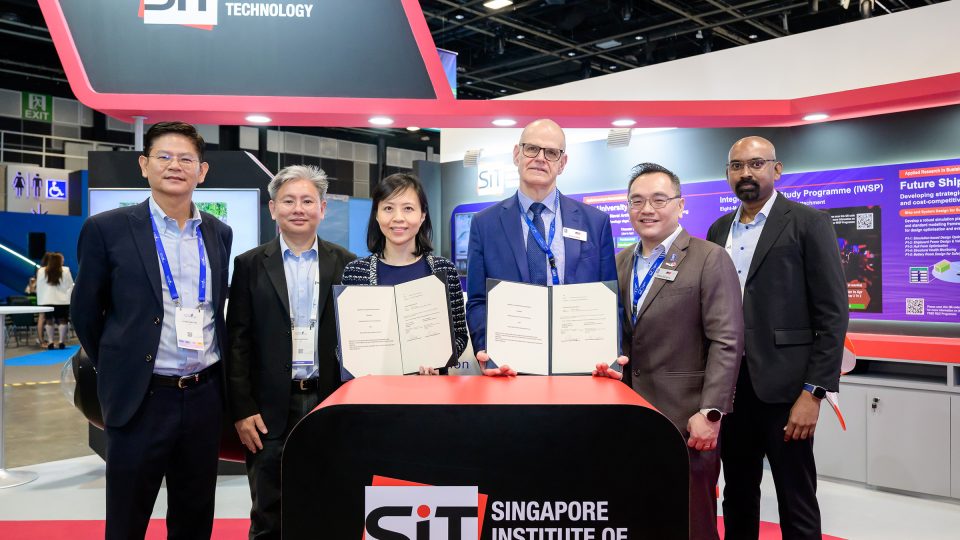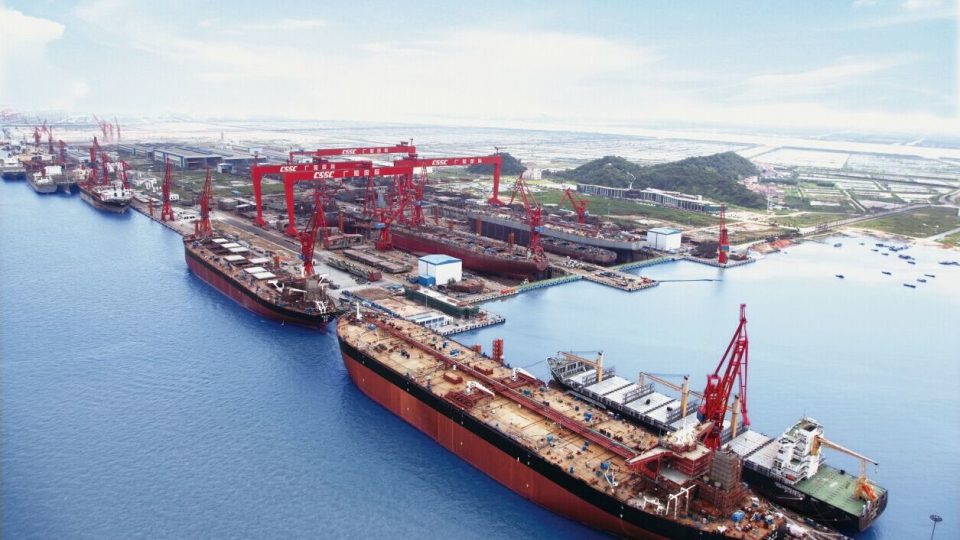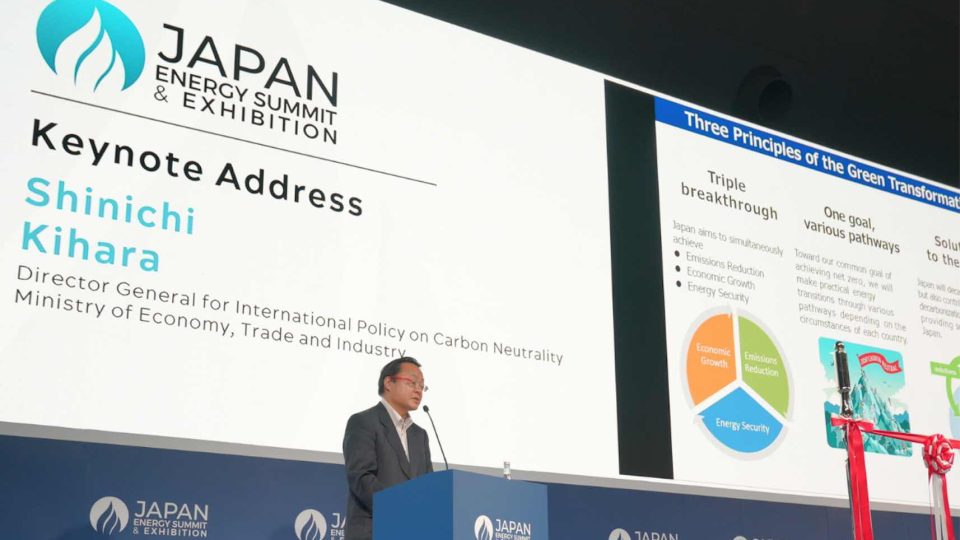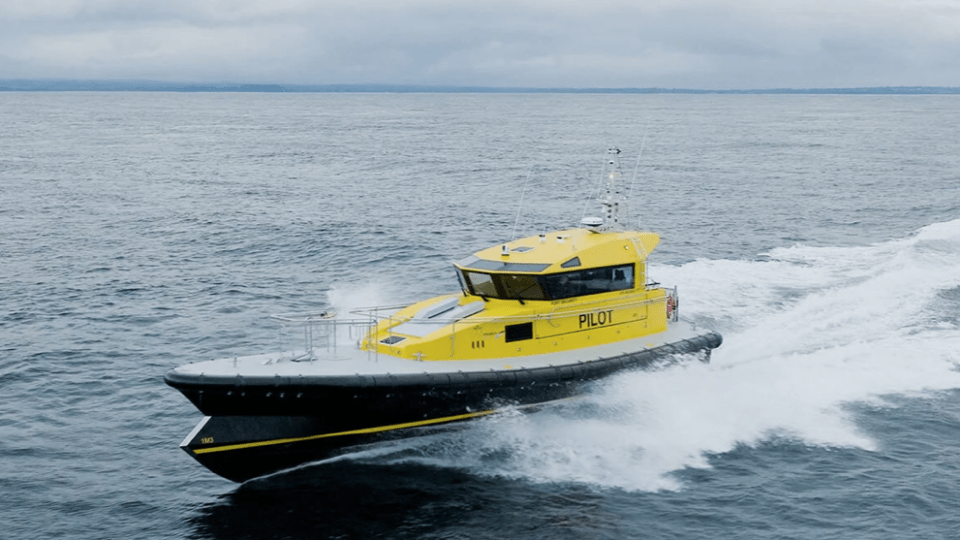FPT Industrial debuts at SMM
FPT Industrial was for the first time an exhibitor at SMM Hamburg. For its debut, coinciding with the celebrations to mark SMM’s 30th edition, FPT Industrial showcased an exclusive premiere on its stand, alongside the latest additions to its marine propulsion line-up, interesting new perspectives in the field of auxiliary engines.
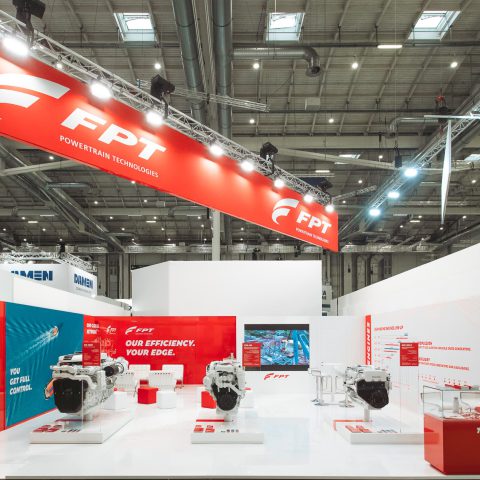
FPT Industrial was for the first time an exhibitor at SMM Hamburg. For its debut, coinciding with the celebrations to mark SMM’s 30th edition, FPT Industrial showcased an exclusive premiere on its stand, alongside the latest additions to its marine propulsion line-up, interesting new perspectives in the field of auxiliary engines.
“I expect that our debut at SMM will help outline our goals in the marine engine sector,” said Guglielmo Tummarello, Marine Market Segment Director at FPT Industrial. “It was time for us to present ourselves at one of the major events in the marine propulsion sector, in our role as a main player in terms of innovation, sustainability and advanced solutions for both commercial and pleasure vessels.”
NEW C16 1000 Keel Cooling
With the reveal of the new C16 1000 marine engine, presented for the first time in its Keel Cooling configuration (here the previous version without KC), FPT Industrial has completed its full line-up dedicated to push and tug boats, ferries, dredgers and commercial fishing vessels, operating in brown waters, inland waterways and harbors.
Already adopted by the brand on its N40 250 E, N67 450 N and N67 570 EVO marine models unveiled in 2021, as well as on the C16 600 presented at Nor-Shipping 2022, Keel Cooling is a solution for effectively cooling engines operating in sandy, muddy and shallow water.
Already available for order, thanks to its top performance coupled to the compact form and light weight of a 13-liter package, but with the durability of a 16-liter unit, the new C16 1000 Keel Cooling can be used not only for displacement hulls but also for high-performance fishing boats. All FPT Industrial’s common rail Marine engines, including keel-cooled configurations, can be fueled by HVO with no compromise on performance. Reductions in CO2 emissions of up to 90% can be achieved, depending on the feedstock used in the HVO production.
C90 410 for medium- and heavy-duty commercial applications
Marine professionals can trust this engine specifically developed to bring top performance to medium- and heavy-duty commercial applications with easy maintenance and competitive operating costs. At SMM, the C90 410 was also presented as an auxiliary power unit with layout and specific settings focused on marine duties, available for variable speed generators and fixed speed auxiliaries.
N67 450N KC for pleasure-vessel and commercial marine applications
The N67 450N KC (here the version without KC) offers professionals and boating enthusiasts who have to deal with brown waters and inland waterways high power and torque density in a lightweight and compact package, with low operating costs and proven reliability. The N67 450N KC displays remarkable versatility, satisfying both pleasure-vessel and commercial marine applications, as well as the most stringent emissions regulations. Whatever the application, the keel-cooling configuration improves uptime and allows further cost reductions, avoiding any saltwater corrosion and seawater filter obstruction.
Fpt in the future: customer focus and connected engines
The company’s stand at SMM 2022 featured a corner fully dedicated to Customer Service, a particularly important area when dealing with marine engines.
During the Digital Transition Stage of SMM 2022, the event held from 6 to 8 of September in a fully “Powered by FPT” arena, of which the brand was main partner, Leonardo Zecchini, Customer and Product Support Manager within FPT Industrial’s Customer Service team, underlined how a connected engine means better performance, reduced fuel consumption, and prediction of critical issues. FPT Industrial is making fast progress in the digitization of its products by providing solutions and services based on its historical know-how and specifically tailored to its engines. Proprietary algorithms, which constitute the core of the predictive maintenance service, allow FPT to intervene in advance on potential failures.




